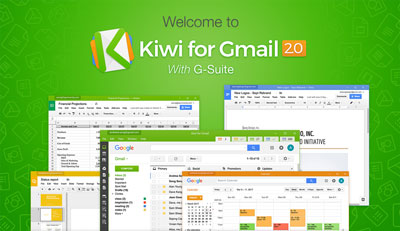

So much so, that when the first units of the second generation Eee PC 900 started shipping here in Taipei early last week, I was the first in line to buy one for myself! I felt ashamed of my initial response to the enthusiastic reader as, all of a sudden, the tiny Eee PC didn't look bad at all. Since then, many things have happened: the Eee PC started shipping worldwide, an enthusiastic open-source developer community began to form around the hardware, ASUS released the entire installation ISO image, together with a developer kit, as a free download, and the developer blogs on Debian and Fedora Planets started filling up with praise for the little laptop. This conversation took place five months ago. Specially when I see the amount of positive feedback from people who never used Linux before! The device itself is a bit bare, but as a second ultra-portable PC, it's good enough."

" It's just a very low-specification, low-cost computer," I replied, " which is kind of usable, but otherwise hardly exciting." To the credit of the reader, he didn't get upset over my response and continued arguing in favour of the Eee PC: " I do think that having a Linux installed in a device that is getting picked up by the thousands is great. Unfortunately for him, I didn't share his enthusiasm. I remember the time when, shortly after the launch of the new Eee PC, an excited reader emailed me: " This is the best thing that could happen to Linux," he asserted with excitement. Upcoming releases: OpenBSD 4.3, openSUSE 11.0 Beta 2.

#Kiwi for gmail cache osx software
In other news, the Debian project has revived the Debian Weekly News, OpenSolaris has announced a final release candidate for its upcoming first stable release, Software Wydawnictwo has published the inaugural issue of the new BSD Magazine, and openSUSE has unveiled a new resource for beta testers of its distribution. Welcome to this year's 17th issue of DistroWatch Weekly! This was surely one of the most trying weeks for the system administrators of many public FTP and HTTP servers that provide the Ubuntu ISO images - such was the demand for the new release that not even the project's main web site could keep up with the request rate! But that's a testament to Ubuntu's popularity, which has now grown into the world's most wanted alternative operating system.


 0 kommentar(er)
0 kommentar(er)
